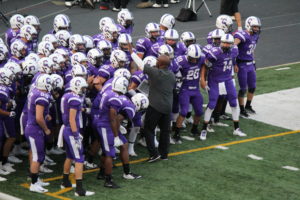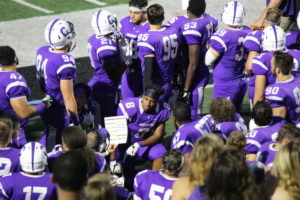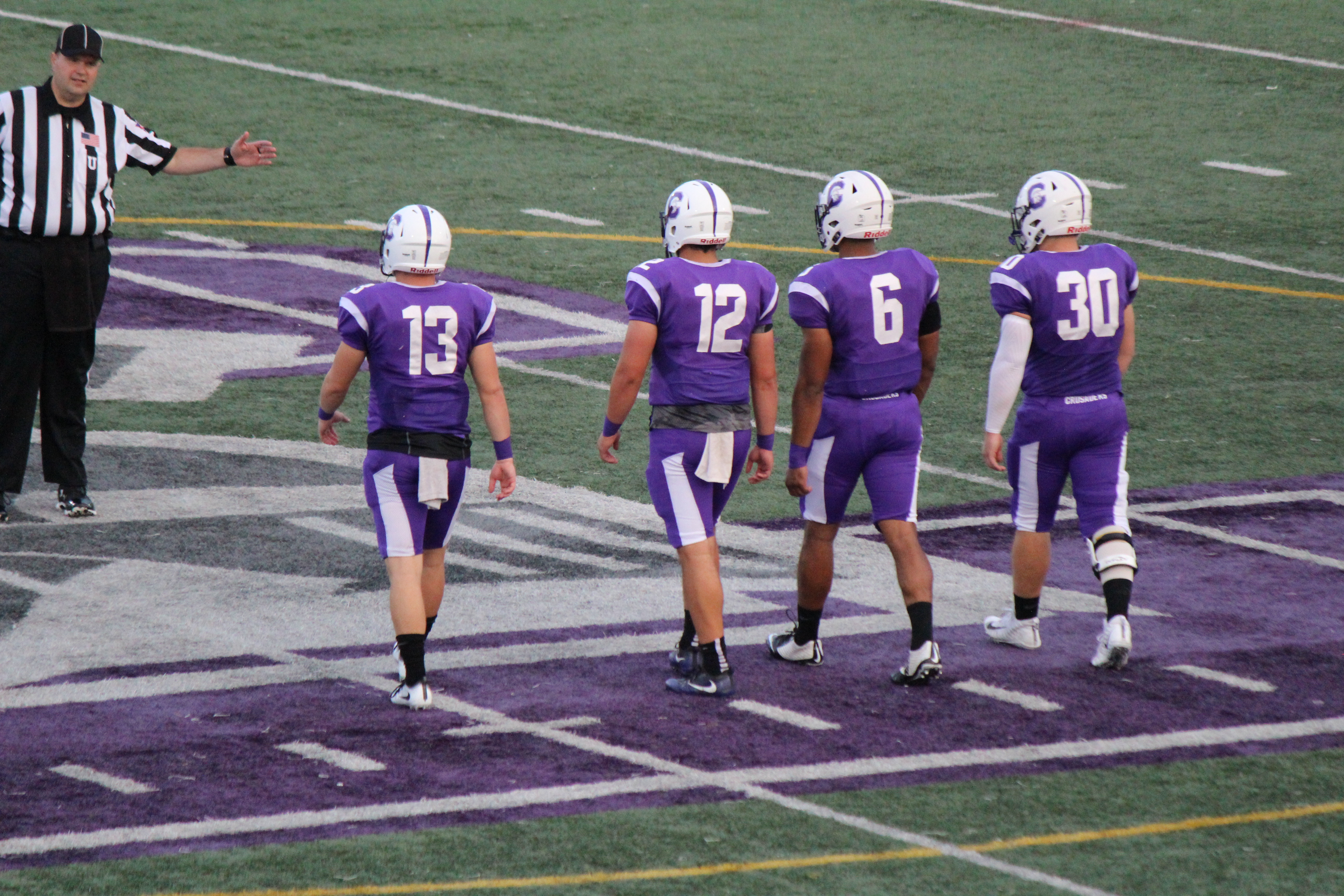As more research is conducted concerning concussions within sports, more is being learned about the long-term effects of concussive hits on the brains of football players. These effects range from the high school level all the way to the NFL. And as more is learned, it becomes clear that no one is immune to concussion.
In light of these recent findings, more and more athletes past and present are coming forward about the issues they face surrounding concussions and the ways in which the symptoms manifest. With these revelations come lawsuits, spearheaded by athletes who feel they have been permanently damaged by their sport. This legal situation has now come to Capital University.
Former Capital University football player Stephen Shaffer is the named plaintiff for a lawsuit being brought against Capital, the Ohio Athletic Conference (OAC), and the NCAA. He is part of a larger class-action suit against many more colleges by groups of athletes who feel they deserve compensation for injuries suffered during their active years. Shaffer played at Capital from 1990 to 1993.
Though the number is undisclosed, everyone that Shaffer is representing as named plaintiff in the case is a former Capital football player. Backing the plaintiffs is Edelson PC, a Chicago-based law firm that is in charge of the entire group of cases. The case against Capital is one of over one hundred pending class-action lawsuits against the NCAA, its conferences, and individual schools. It is one of the largest litigations of its kind in the nation. Edelson PC has gained notoriety for successful litigations against companies such as Facebook, Amazon, and Google.
The argument against the NCAA and its schools has its roots in what happens to athletes after they leave the sport. The plaintiffs feel that they have been taken advantage of by their universities and the NCAA as a whole. While the NCAA makes money off the sport, the individual athletes are being put at risk and not properly compensated.

“They’ve given their lives…” says Edelson attorney Benjamin Richman, “… and haven’t gotten anything in return… struggling looking toward the future.”
Richman added that while concussion symptoms make themselves obvious in different ways throughout the lives of athletes, common denominators among the plaintiffs include depression, anxiety, and increased aggression. Among the complaints that led to legal action were the statements that the plaintiffs were not informed of the risks of playing football and that certain universities did not have proper concussion protocol in place.
As more research in the way of concussions is conducted, new questions arise. How can schools better protect their players? Who is responsible for long term damage suffered by the players? If and how should players who exhibit symptoms be compensated? Whatever settlement is reached, it is undeniable that Capital University is part of a step forward in the ongoing process of protecting college athletes.

